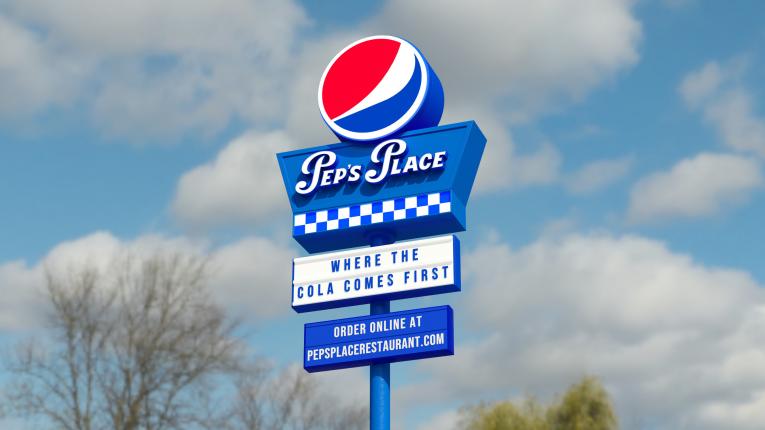If a tree falls in the woods and no one is around to hear it, does it make it sound?
The age-old question, typically considered a philosophical thought experiment, can be applied to marketing as well—specifically the experiential industry—as a way to gauge the impact of your campaigns. Because if no one is really talking about it, and if it’s not generating buzz, showing up organically on social feeds and making headlines, it might as well have never happened.
That was the advice from Pepsi CMO Todd Kaplan at sister pub Event Marketer’s Experiential Marketing Summit in Las Vegas last week as he shared lessons learned from his more than 15 years at one of the most iconic brands on the planet. Following are his tips and considerations for the experiential industry.
Deliver a Cultural Impact. Think beyond the physicality of where you’re activating, what you’re doing and how the program and concept will actually work moving forward, Kaplan says. “There are more brand messages coming to consumers on a daily basis—an hourly, minute basis—than you’ve ever had to process before. And you’re simultaneously overwhelmed by the amount of choices you have. It’s a difficult context as a marketer to be coming in and giving a brand message and talking about something they may or may not want to talk about.”
Marketers should aspire to connect with consumers on a deeper level to break through the barrage of brand messages. “You might be there, but that doesn’t mean they’re digesting and engaging with your brand in the right way. Cultural impact is this idea of creating meaningful consumer connection and doing it at scale… You’ve got to think beyond the onsite footprints as well,” Kaplan says. Moreover, consider what’s happening around the cultural moment in which you’re activating. “What are consumers feeling and thinking in those moments, and how can you pair it to those exact needs?”
Lean Into Earned and Social Media. The marketing industry significantly underestimates the value of earned media, according to Kaplan. “If you were to think of all the content you watched throughout the day, how much of it is actually paid usage versus you reading your news feed? Organic social media is where you’re actually spending your time. If your brand is organically showing up in these places, you’re going to reach your consumer versus the skippable ads and things that you’re shouting at them,” he says.
From an experiential standpoint, it’s about far more than just sharing a photo. “You want to create things that are creatively interesting enough, Instagram-worthy enough…that [make] people want to organically share these things. That should be a must-have as you build your event.”
Create Opt-In Experiences. Given the multitude of options consumers have, marketers should create experiences that inspire people to willingly opt-in to participate. It’s “not interrupting people with an ad or with a flyer or with a sample, but actually having them seek you out as the content. And then stretching your brand beyond events and thinking about new ways to activate your brain. It’s not just through an onsite footprint, but in new spaces and new forms, new formats, ways that your audiences haven’t thought about,” Kaplan says. “And then when they opt-in, you want make sure it’s distinctive so they remember what brand it was.”
Give It the Good Old-Fashioned Bullshit Test. Take a hard look at your marketing programs and ask yourself whether or not you’d actually share them with your friends. “If you didn’t work on this experience yourself, would you participate? Would you wait in line to go do what you’re building? Would you remember what brand it’s for? Would you share it or see it organically on your social feeds aside from the people at your company?” Kaplan says. If the answer is no to any of those questions, “keep working the idea and refining and building.”
This kind of pressure testing will keep marketers honest about their programs and unlock the potential to impact culture in meaningful and memorable ways. “I think this industry can go to that next level,” Kaplan says, “as you think about the role of experiences, especially coming off the pandemic, where everyone is seeking more connection.”





